Circular Economy: ECESP Annual Conference 2025 looks into unlocking a more circular construction and built environment
June 5, 2025
EBC attended the European Circular Economy Stakeholder Platform (ECESP) Annual Conference 2025, held in Brussels from 3 to 5 June as part of the EU Green Week. As a member of the Leadership Ground on Buildings and Infrastructure of the ECESP, EBC attended this event co-organised with the Circular Cities and Regions Initiative (CCRI) that brought together stakeholders to explore the transformative potential of circular economy practices over three days.
Key takeways emerged from the exchanges between representatives of local municipalities, the recycling industry, the construction sector, as well as the architectural community and academic community discussing how local authorities can drive circularity in construction through strategic procurement, stakeholder collaboration, and scaling successful models.
Local governments play a pivotal role in shaping sustainable construction practices. By leveraging public procurement, they can influence demand, guide supply chains, and promote integrated circular approaches across the value chain. For instance, the session on 5 June titled “Local Levers for a Circular Built Environment: Procurement, Collaboration, and Scaling” highlighted successful case studies from the Netherlands’ North Holland Region, the city of Amsterdam and the Flemish Region in Belgium, emphasizing the importance of supportive governance, hands-on procurement guidance, and fostering early collaboration among architects, contractors, and manufacturers. These elements were highlighted as crucial for creating conditions that facilitate knowledge exchange and the adoption of new ways of working in the built environment. Participants notably discussed the importance of mapping future demolitions and approaching them with a reuse prioritization mindset.
The integration of circular and biobased materials into construction projects was also mentioned. The session underscored the need for public procurement to embrace innovative materials that not only reduce environmental impact but also contribute to the circular economy. By adopting such materials, the construction sector can move towards more sustainable practices, aligning with broader EU objectives for a competitive and resource-efficient Europe.
The discussions at the ECESP Annual Conference 2025 underscore the critical role of local authorities, circular approaches to construction and demolition waste, as well as innovative materials in advancing a circular built environment. The role of legal challenges and public buyers in improving the circularity of the built environments was also identified as key.
EBC and construction SMEs will continue to support initiatives that help boost circularity in our sector. By fostering collaboration and scaling successful models, Europe can pave the way for a more sustainable and competitive future in construction.
For more information on the ECESP, click here.
For more information on the Leadership Group on Buildings and Infrastructure, click here

